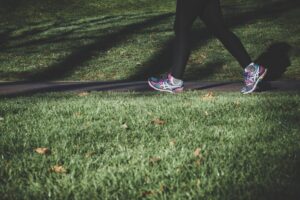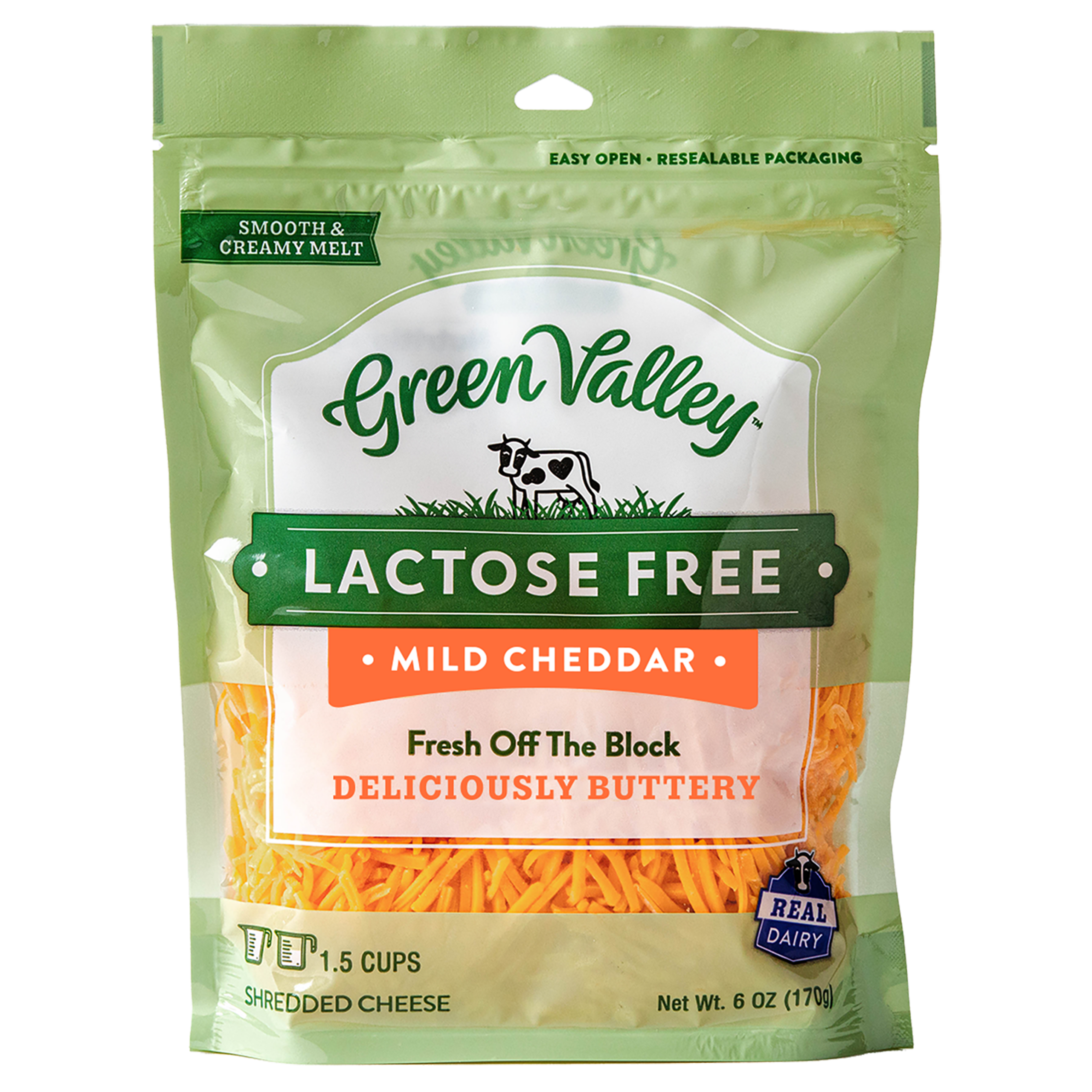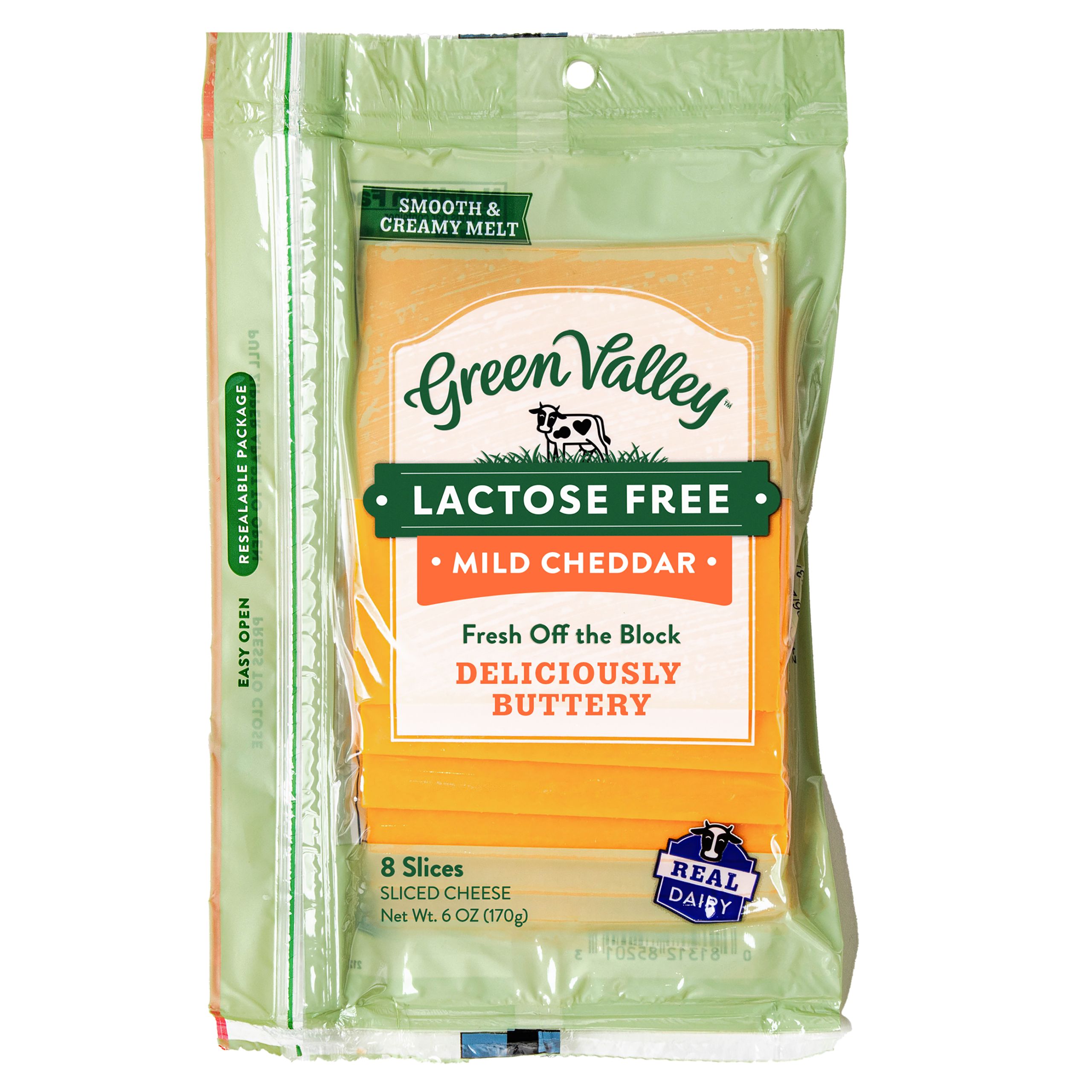If you do a quick search on “how to improve digestion,” you’ll likely be swarmed with a long list of diet changes to make. Eat this, don’t eat that, add this superfood, avoid this at all costs… the information can feel overwhelming, contradictory, and confusing.
Much of the information around digestion bypasses science and clings to marketing tactics, which can lead to unnecessary restriction. The truth is that restriction may actually do more harm than good for digestion. It’s important that diet is individualized to each person, especially when it comes to digestion, because there are many factors that can impact nutrition needs, preferences, accessibility, and the function of the gut. While the articles you find online may be helpful for some, they can’t take into account all of your unique needs.
The good news is that diet is just one piece of the digestion puzzle. In fact, it’s only a small piece and there are many non-diet pieces to consider and try before changing your diet. Your exact plan should be individualized, but here are 5 non-diet tips you can start implementing today to support your digestion.
Sleep

Did you know that your digestive system runs on a clock? Your body’s “master clock” that we refer to as your circadian rhythm is regulated by your sleep/wake cycles. These are meant to mimic the rise and fall of the sun, and are designed to be consistent. When the master clock is in a good rhythm, the other clocks in the body, including the one that regulates your digestive system, are more likely to get in sync. This means your gut is more efficient and you’re more likely to have regular bowel movements during the day.
Sleep also supports the hormones and organs involved in the digestive process so they can do their very best work when it’s time. Hormones are the messengers of the body that are responsible for different functions to run smoothly. Sleep will also help reduce the stress hormone, cortisol, that is known to be a trigger for digestion issues. Supporting your hormones can lead to less bloating, less gas, better bowel movements, and better utilization of nutrients.
The key is to get at least 7-9 hours of sleep each night and to stick to a consistent sleep schedule. This means going to bed and waking up around the same time each day. This will help set your digestive system up to work for you the entire day.
TIP: try putting your phone away and turning off screens at least 30 minutes before bedtime, then fill that time with something that relaxes you, like reading a book or doing light stretches.
Mindful eating

The digestive process starts before you take your first bite of a meal or snack. As you prepare your food and focus on it, you may notice your mouth starts to salivate, or produce spit (saliva). In your saliva, there are enzymes that help you break down nutrients before they move to the stomach for more break down. Also, there are messengers in your body that tell the rest of your digestive tract that food is coming so your stomach can start producing acid, smooth muscle contractions can start to move food through the digestive tract, and digestive enzymes can be released from the stomach, pancreas, and small intestine. These are all essential for proper breakdown of nutrients in order to increase absorption, improve gut transit (movement), and prevent gas and bloating.
When you practice mindful eating, which is simply being present with your food, you’re able to support the digestive process and you’re more likely to slow down with your meal. This means you’re more likely to chew your food thoroughly, for even more support with the breakdown of your food. Slowing down can also help you connect to your hunger and fullness cues, which can prevent overeating or undereating that can lead to digestive distress.
To practice mindful eating, remove distractions and engage all of your senses with your meal. What does it look like? Taste like? Smell like? Feel like? Sound like? Take your time to chew with every bite, and check in with yourself periodically to note how you feel. This can be especially helpful if you’re introducing new foods back into your diet you have previously eliminated.
TIP: have fun when you practice this with snacks or meals you enjoy. This Cinnamon Roll Kefir Smoothie would be a great option to try and find all the different flavors as you enjoy it.
Breathwork

Your breath is one of the most powerful tools you have for improving digestion. Slow, diaphragmatic breathing is shown to increase parasympathetic nervous system activity, which is the body’s rest and digest mode. This is the opposite of the sympathetic nervous system, which is activated during stress.
When you activate your stress and digest mode through breathwork, this will improve the motility of your gut for efficient digestion, stimulate the release of digestive enzymes and bile to help break down foods, increase gastric secretions to help with break down and movement in the stomach, and relax sphincters for proper flow of food through your digestive tract.
In addition to those benefits, breathwork with meals will help with mindful eating, slowing down, and the connection to your hunger and fullness cues. This means you’ll be able to be more connected with your food and build intuition about what and how much your body needs with each meal or snack. This can be extremely beneficial when routines are off, when you’re eating out, or during travel.
TIP: start each meal with 2-3 long, deep breaths and note how it makes you feel.
Movement

Regular movement and exercise can support overall digestion, and help prevent digestive issues like constipation, bloating, and gas. The key is to move consistently during the day, in addition to any intentional exercise you build in. For example, add in a 10 minute lunch walk, 20 minute post-dinner walk, or a stretching flow before bed. Try taking walking meetings with coworkers, or simply get up and move around your house or office throughout the work day. You can also get creative by playing outside with your kids or dogs, or join a recreational sports league to routinely practice a sport. Finding ways to move your body consistently will support your digestion and help you feel better in your body.
If you notice your gut feels a bit sluggish or heavy after a meal, it can be helpful to add intentional movement after you eat. A simple walk can do the trick.
The way you move and exercise can also impact digestion. Higher intensity workouts tend to increase digestive discomfort, so lower intensity workouts may be the most beneficial for your gut. Examples include slower weight lifting, walking, hiking, light cycling, barre, pilates, and yoga. You can also blend high intensity with lower intensity if you enjoy higher intensity exercise.
TIP: schedule a 5 minute walk break every 2 hours of your workday to get up and move your body.
Hydration

Proper hydration is key for overall health, because hydration ensures all the organs and cells in your body can function well. For digestion, specifically, water is key in keeping your stool soft and well-formed so it can move through the digestive system and be eliminated with ease. Staying well hydrated can improve your digestion overall, and hydrating earlier in the day may help prevent bloat and gas throughout the day.
Like food, it’s best to spread water out throughout the day, versus drinking a large amount of water in a short window. This can help you not feel overly full from the water itself, and can help you reach your water goals. A great way to spread water out is to have a goal for each waking hour of your day. A simple reminder on your phone at the end of the hour could work to keep you on track.
The temperature of your water doesn’t matter for health, but you may find that warmer liquids feel more soothing for your gut. You can experiment with your water temperatures to see what feels best for your body.
The general recommendation is to get 64 ounces, or 8 cups, of water per day. Exact recommendations will vary depending on your body size, climate, activity levels, and more. You can get a personalized recommendation from your healthcare provider or start with the 64 ounce recommendation and adjust until you find an amount that works well for your body.
TIP: get a 32 ounce water bottle you love and make it a goal to drink at least 2 each day, then increase to an amount that feels good in your body.
If you’re struggling with digestion, these tips are a great place to start before altering your diet. To personalize your digestion plan or figure out what else may be going on, it can be helpful to work with a registered dietitian or other trusted healthcare provider.
Sources:
https://www.ncbi.nlm.nih.gov/books/NBK553141/
https://www.ncbi.nlm.nih.gov/pmc/articles/PMC6070065/
https://www.ncbi.nlm.nih.gov/pmc/articles/PMC2657421/
https://www.sciencedirect.com/science/article/abs/pii/S2468125319304121










